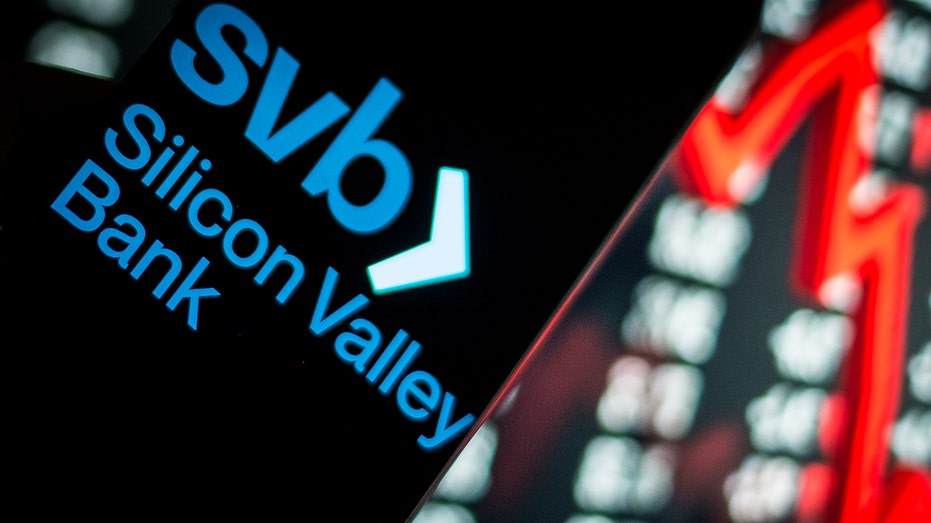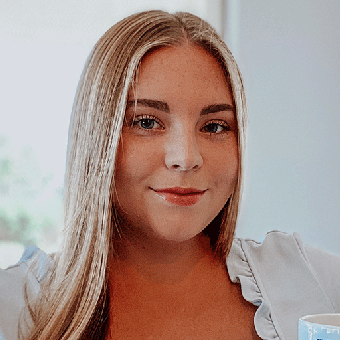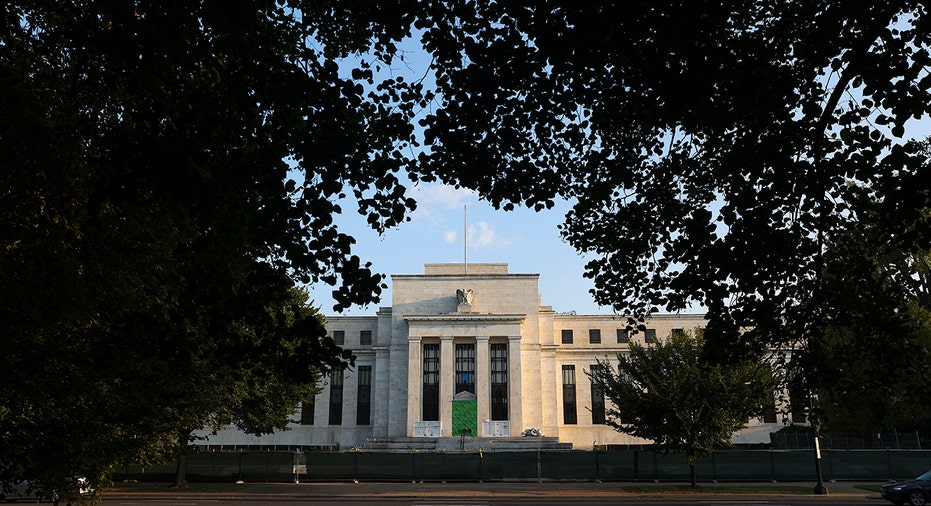The next market trend could be 'bigger' than SVB, expert says
PCE index shows consumer prices rose 0.3% month-over-month, 5% annually in February
Looming market collapse to be 'bigger altogether' than SVB: Mick Mulvaney
Former White House acting chief of staff Mick Mulvaney and Mendon Capital Advisors President and CIO Anton Schutz warn of lending and real estate volatility to come.
While the Federal Reserve’s favorite inflation gauge indicated signs of cooling in its latest report, market experts reacting to the data warned of looming volatility "bigger" than the Silicon Valley Bank (SVB) collapse.
"Two-hundred-seventy billion dollars’ worth of commercial real estate loans [are] coming up for renewal this year, 70% of that is held by smaller regional banks," former acting White House chief of staff Mick Mulvaney noted Friday on "Mornings with Maria." "You put that together, that's bigger altogether than SVB was."
"Everything's being micro-analyzed, but the [inflation] trend is importantly starting to go in the right direction. And absolutely, things will be tighter from what's happened with Silicon Valley here," Mendon Capital Advisors President and CIO Anton Schutz added to the panel.
Their comments come in reaction to the personal consumption expenditures (PCE) index showing that consumer prices rose 0.3% from the previous month and climbed 5% on an annual basis, according to the Bureau of Labor Statistics.
FINANCIAL WORLD LEGEND SOUNDS ALARM OVER ‘BIGGEST BANK THAT’S GOING DOWN'
Those figures are both lower than the 0.6% monthly increase and 5.3% headline jump recorded in January, a welcoming sign for the Federal Reserve as it tries to crush runaway inflation with the most aggressive series of interest rate hikes since the 1980s.

Market impacts "bigger" than the Silicon Valley Bank insolvency will create a "tighter" economic landscape, former acting White House chief of staff Mick Mulvaney and Mendon Capital Advisors President and CIO Anton Schutz said Friday on a "Mornings w (Getty Images)
Friday’s data indicates to Mulvaney that Americans might be thinking "things are still okay," but are also starting to worry about the economic landscape "a little."
"It looks like they're sort of bending the inflation curve. It's still much higher than it otherwise should be," the former acting Trump chief of staff said. "So all things considered, I think maybe this leads the Fed to probably hold back on another increase simply because they see other trends in the market that might bring inflation down without them having to raise rates."
The Fed has started "bending the inflation curve," Mick Mulvaney said. | Getty Images
While Schutz initially predicted a 25 basis point rate hike in the Fed’s next meeting, February’s PCE report has changed his mind.
"I think they're done, and they should be done," the chief investment officer said. "And I think these numbers are all going to lag through. Clearly, everybody is going to feel the pain of repricing, whether it's commercial real estate, anybody [who's] got a fixed rate loan, anybody who's got a mortgage; when that stuff reprices, it's going to be higher. It's going to cool also the residential real estate market if mortgage rates keep rising."
Going into their next rate hike decision, the Fed must be "so statistically dependent," focusing on the numbers and the market indicators, Schutz argued.
"The one thing I want to say about banks holding commercial real estate," he pointed out, "if you're talking about a strip mall out in a very healthy state and a healthy economy, their rent rolls are fine. It's when you've got people fleeing, cutting costs, getting out of cities. That's the real problem, and the really big buildings are the real problem out there. And they're going to be a problem for life insurers."
Fed still committed to curbing inflation despite banking jitters: John Lonski
Market Rebellion co-founder Jon Najarian and Thru the Cycle president John Lonski analyze the stability of regional banks ahead of the Fed's next interest rate decision on 'The Claman Countdown.'
But the experts’ hike-pause hopes are unlikely to be met. Boston Federal Reserve President Susan Collins said Thursday that U.S. central bankers will likely need to raise interest rates at least one more time this year to tamp down persistent inflation.
GET FOX BUSINESS ON THE GO BY CLICKING HERE
Fed 'trashing the economy' is no way to cure inflation: Steve Forbes
Forbes Media CEO Steve Forbes analyzes the strength of the U.S. economy after multiple bank failures on 'Cavuto: Coast to Coast.'
"Inflation remains too high, and recent indicators reinforce my view that there is more work to do to bring inflation down to the 2% target associated with price stability," Collins said in remarks prepared for delivery to the National Association for Business Economics.
Her comments come just a few days after Fed officials delivered another quarter-percentage-point rate hike, lifting the benchmark funds rate to a range of 4.75% to 5%, the highest since 2007. It marked the ninth consecutive rate increase aimed at combating high inflation.
FOX Business’ Megan Henney contributed to this report.



























